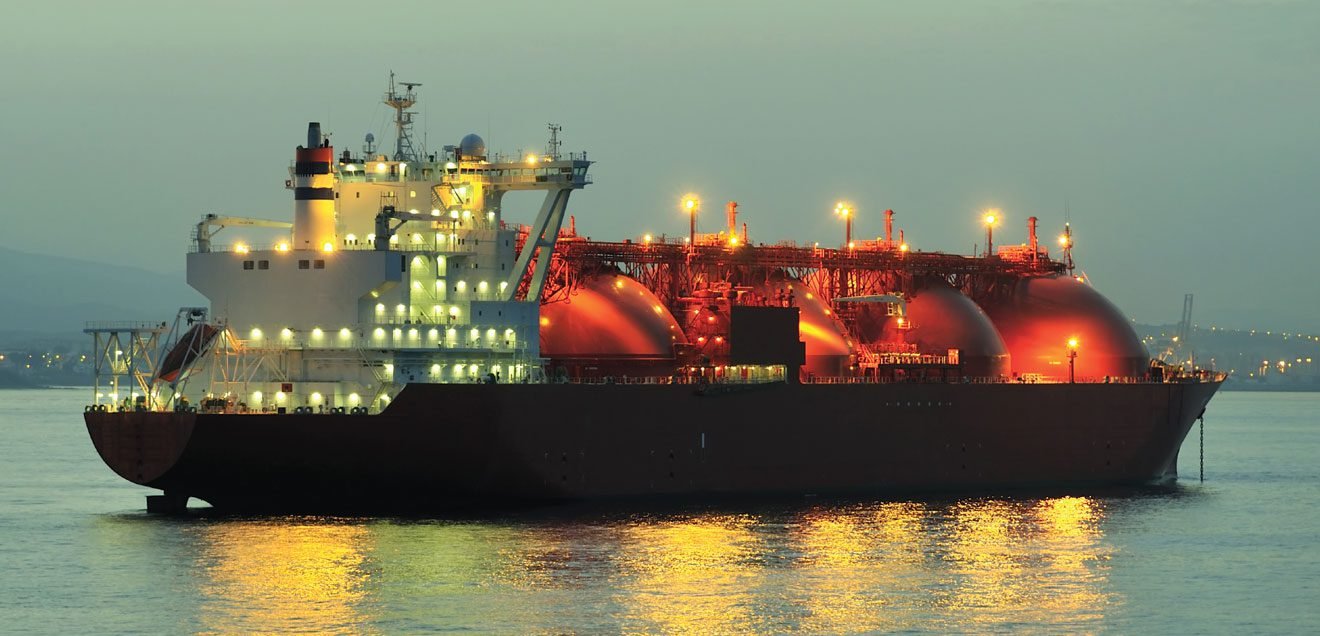“Liquified natural gas (LNG) investments, which, in an increasingly growing LNG market environment, are ever more necessary to guarantee security of supply at an affordable price,” says Jean Abiteboul, president of The International Group of LNG Importers (GIIGNL).
His statement comes on the heels of this year’s LNG2023 conference, highlighting the need for investment in affordable and reliable fuel sources. With energy policies cast to the forefront of media coverage and the focal point in both regional and national conversations, the need for readily available energy has never been clearer.
Russia’s invasion of Ukraine sparked an energy crisis globally, but the United States stepped in, with 74% of LNG exports rerouted to our European allies and supplying more than half of Europe’s energy needs. However, there is more work to be done.
In May a hearing was held in Philadelphia to discuss the potential of developing a local LNG export terminal, with witnesses representing energy, business and labor agreeing on need and opportunity to enhance energy security.
“Expanding the world’s access to abundant and clean Pennsylvania natural gas is good for the economy, good for the environment, and it’s good for our national security,” said Marcellus Shale Coalition President Dave Callahan.
Appalachia is the nation’s largest producing natural gas region yet is capped in its ability to deliver clean, affordable energy to markets where it is needed due to permitting bottlenecks, regulatory hurdles, and incessant court challenges. This amounts to an energy blockade, driven by “keep it in the ground” politicians. The blockade has stark consequences for families, small business, schools, and manufacturers both in this country and abroad.
“We can make our country more energy independent. We can make our allies more energy secure. We can make our world and our future safer in the face of climate change and geopolitical turmoil,” Energy Secretary Granholm stated previously about natural gas, but this can only be done if the proper investments are made into expanding the region’s pipeline capacity.
The Energy Secretary is right, but it shouldn’t take an act of Congress to advance a critical energy project, as is the case with Mountain Valley Pipeline. MVP is just one of many examples of how the virtual energy blockade has challenged our region’s ability to producing and transporting a fuel that assists in providing national and global energy security.
For the sake of U.S. energy affordability, clean air progress, grid reliability, and global energy security, America has to get back into the business of building infrastructure again, including natural gas pipelines and LNG terminals.
“The politicization of energy is threatening our energy and national security. Picking winners and punishing losers via policy is not the way to manage energy. We need commonsense solutions that allow all sources in the energy marketplace to evolve. American natural gas developers are future-focused and working every day to meet our complex energy needs safely, efficiently and sustainably,” wrote MSC’s Callahan alongside GO-WV’s Charlie Burd and OOGA’s Rob Brundrett.





